Omegas
)
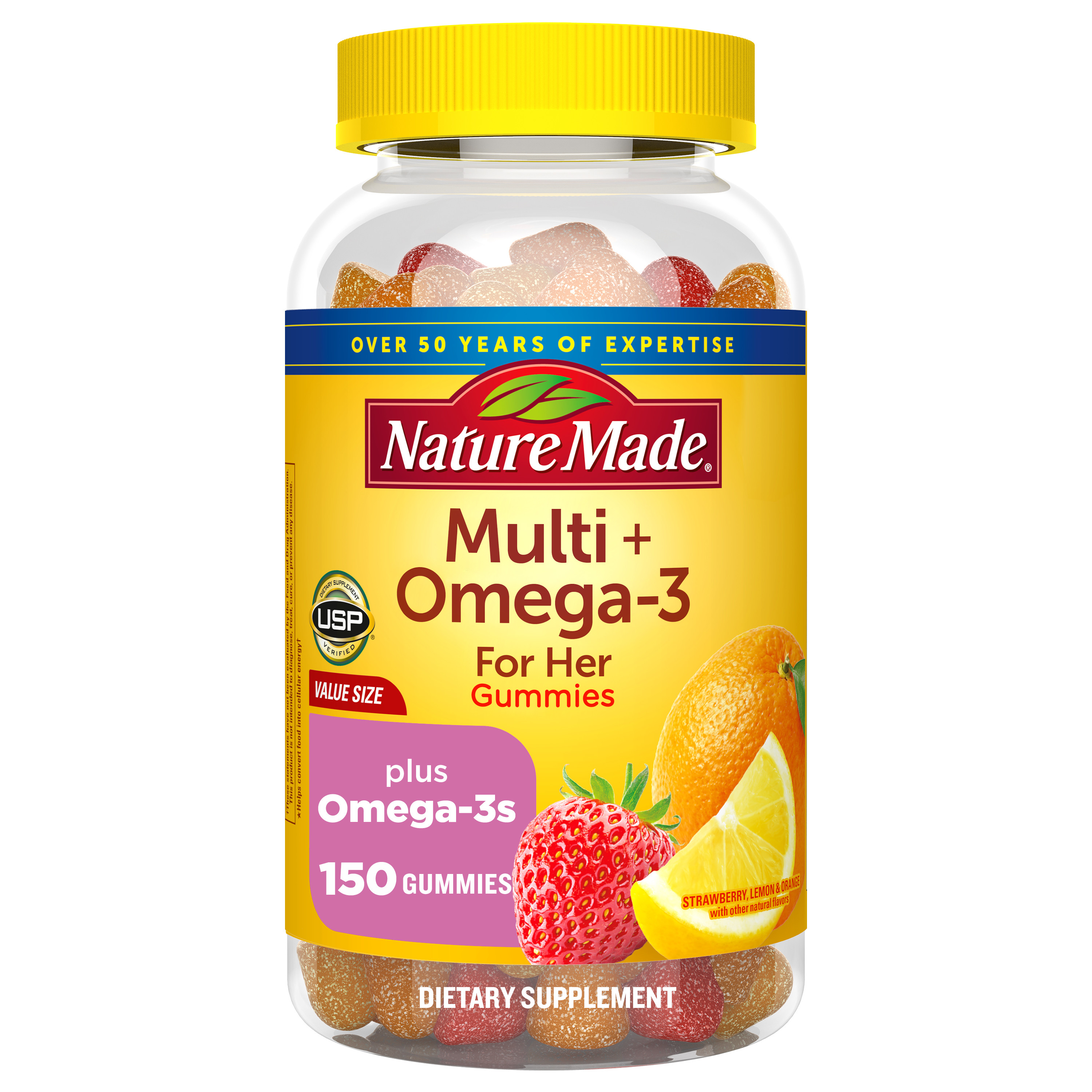)
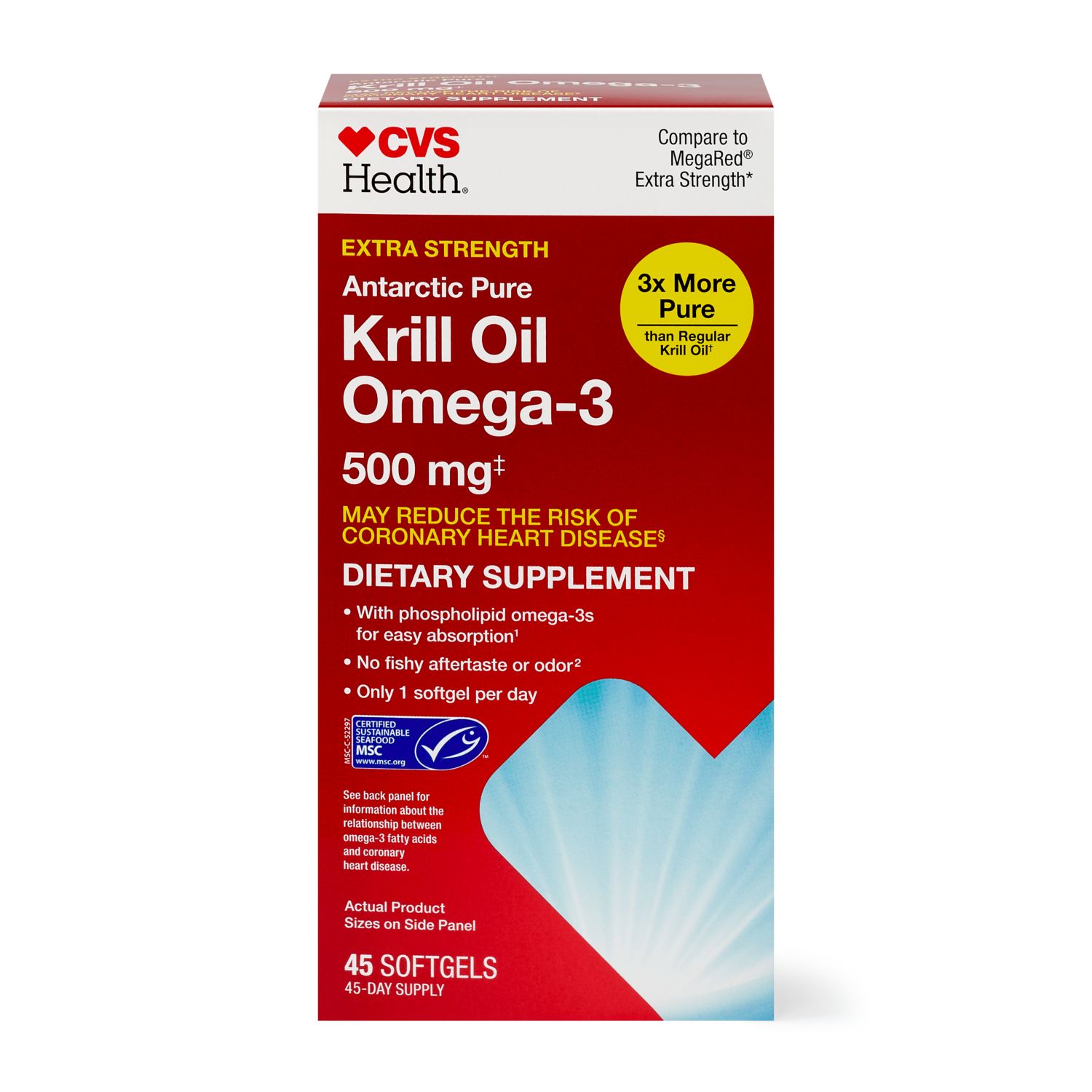)
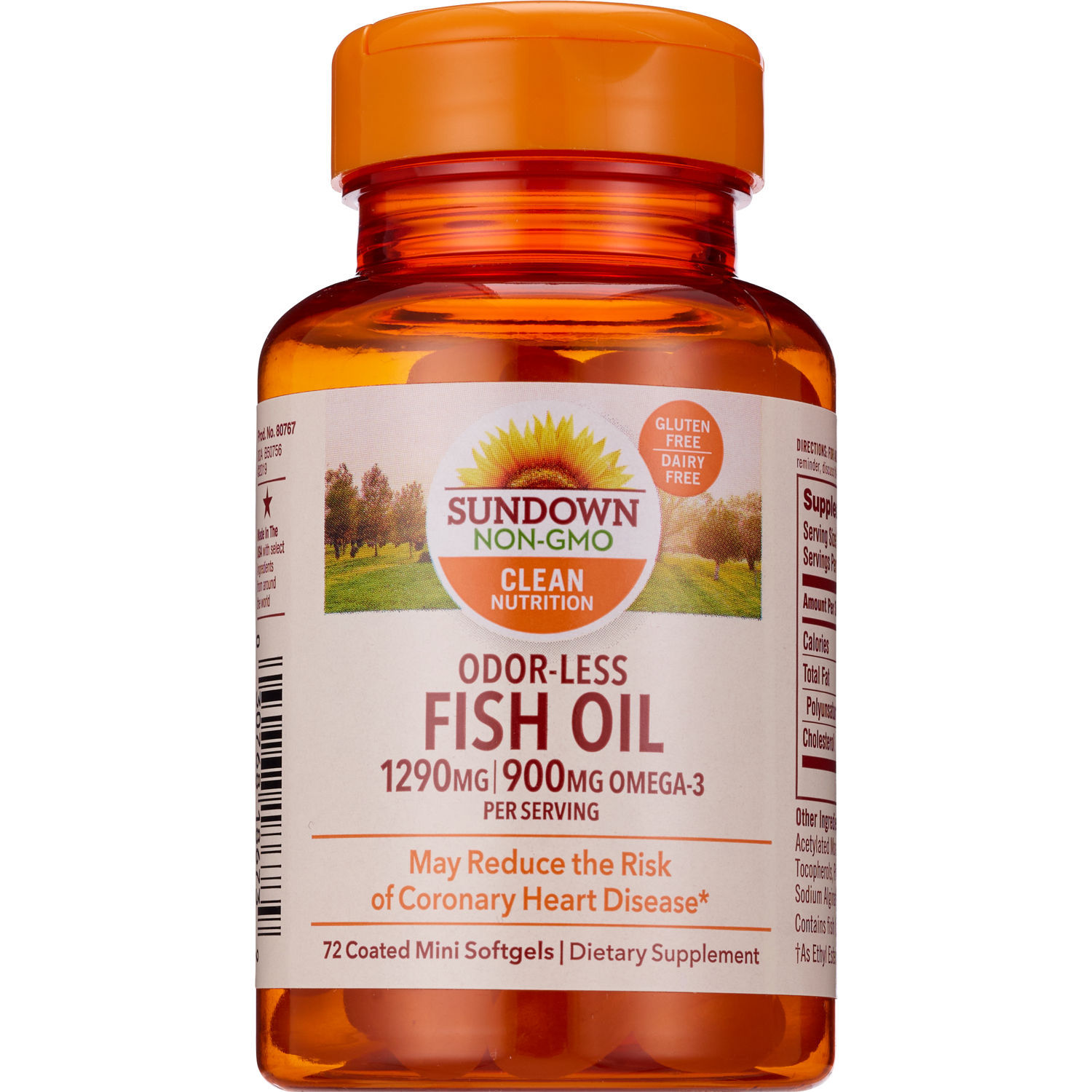)
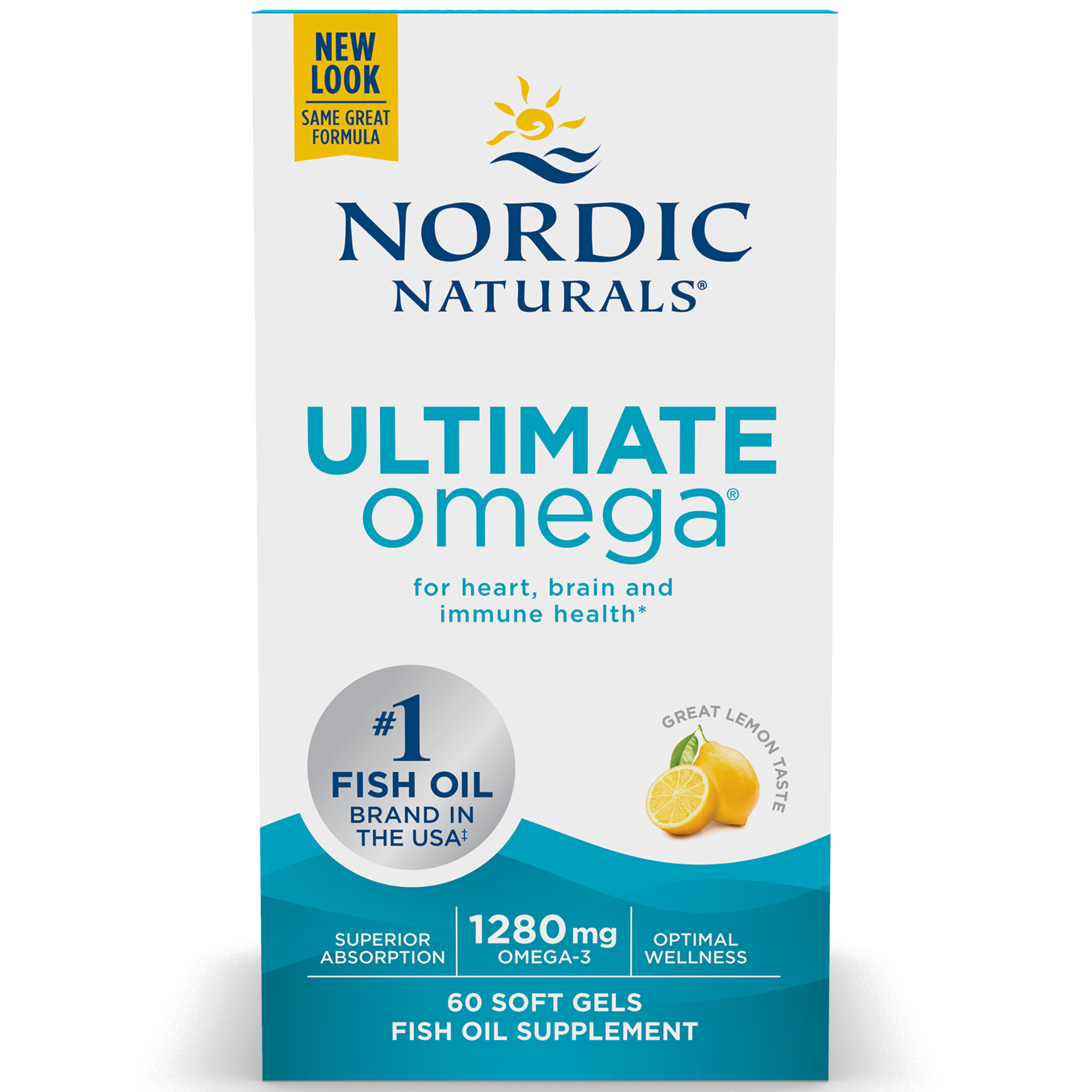)
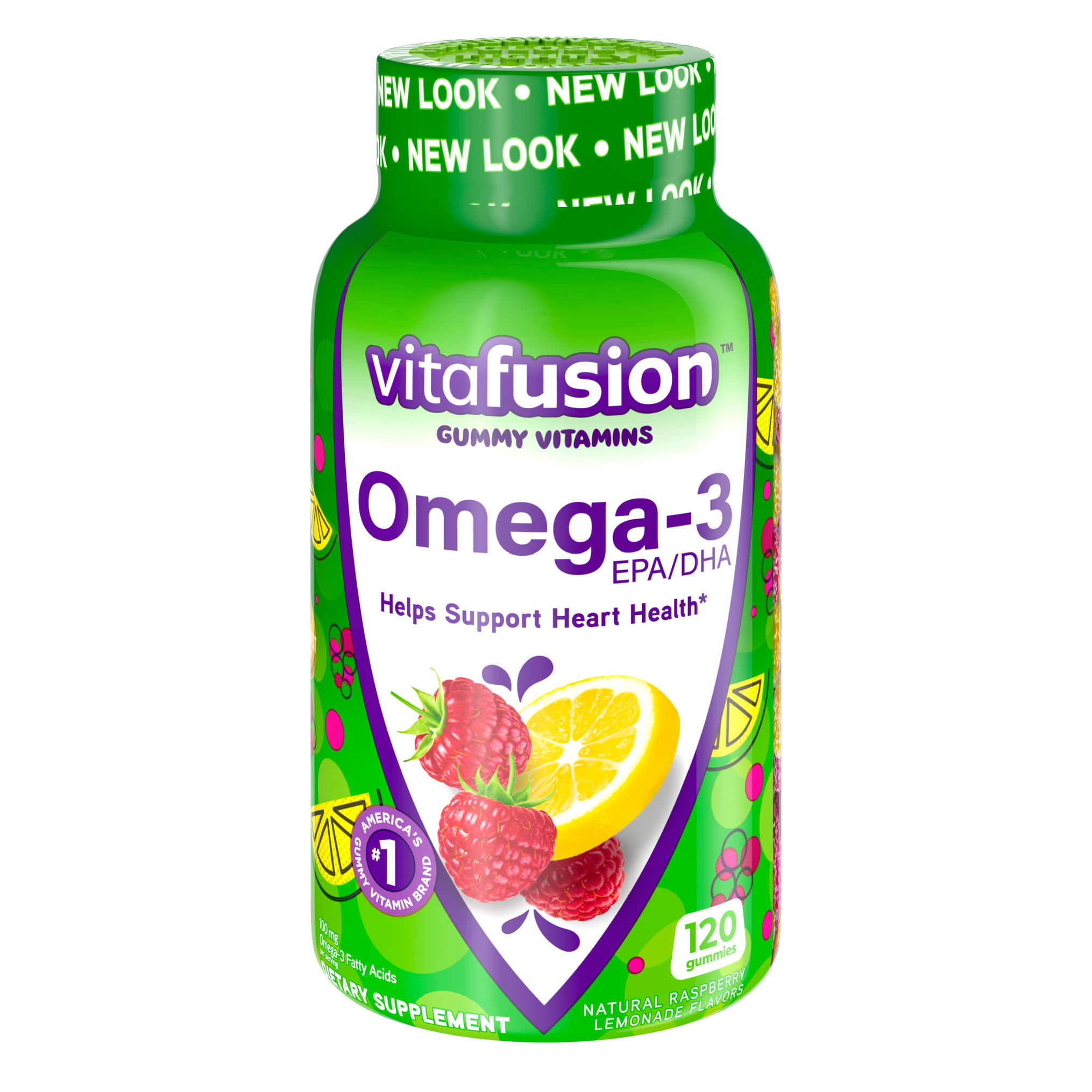)
)
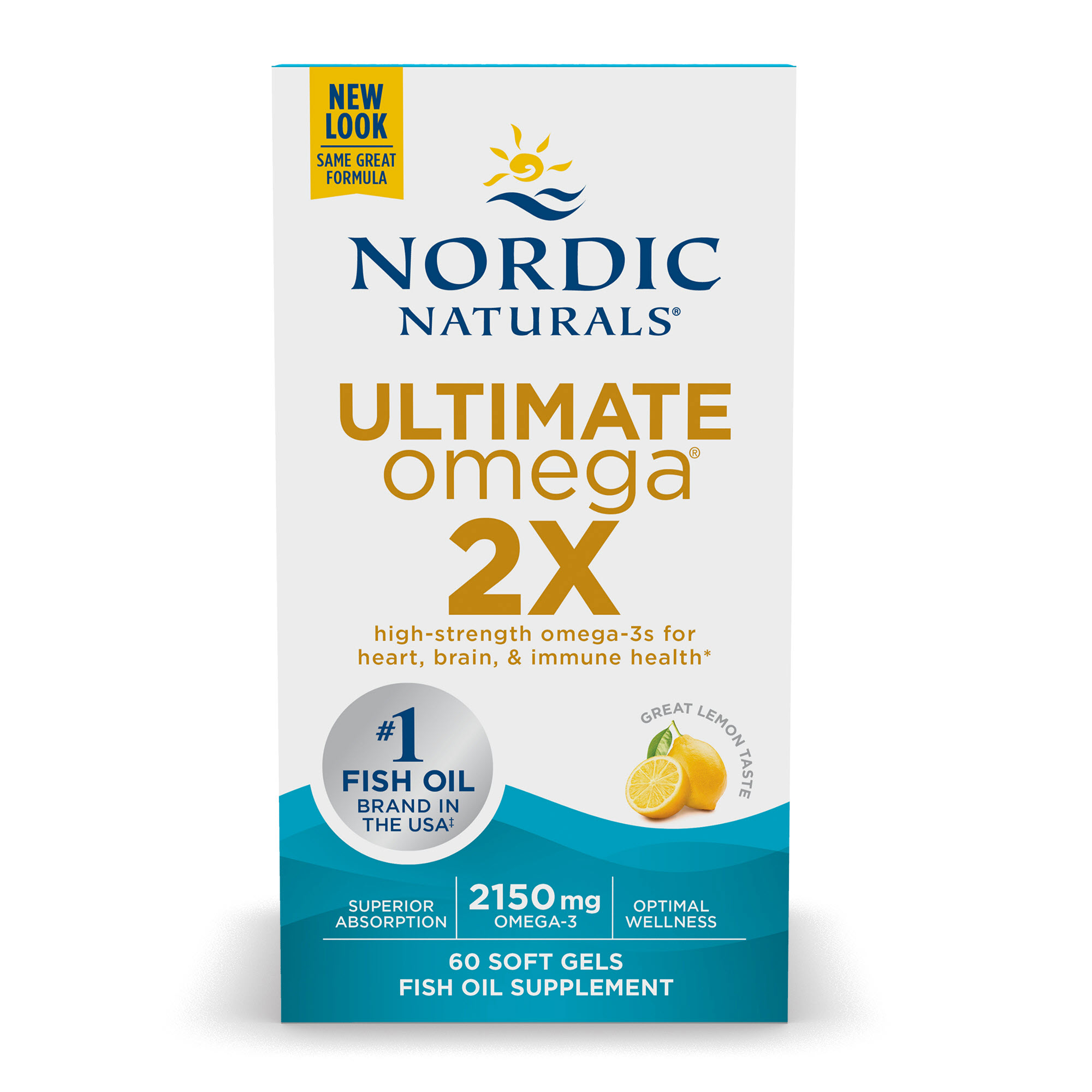)
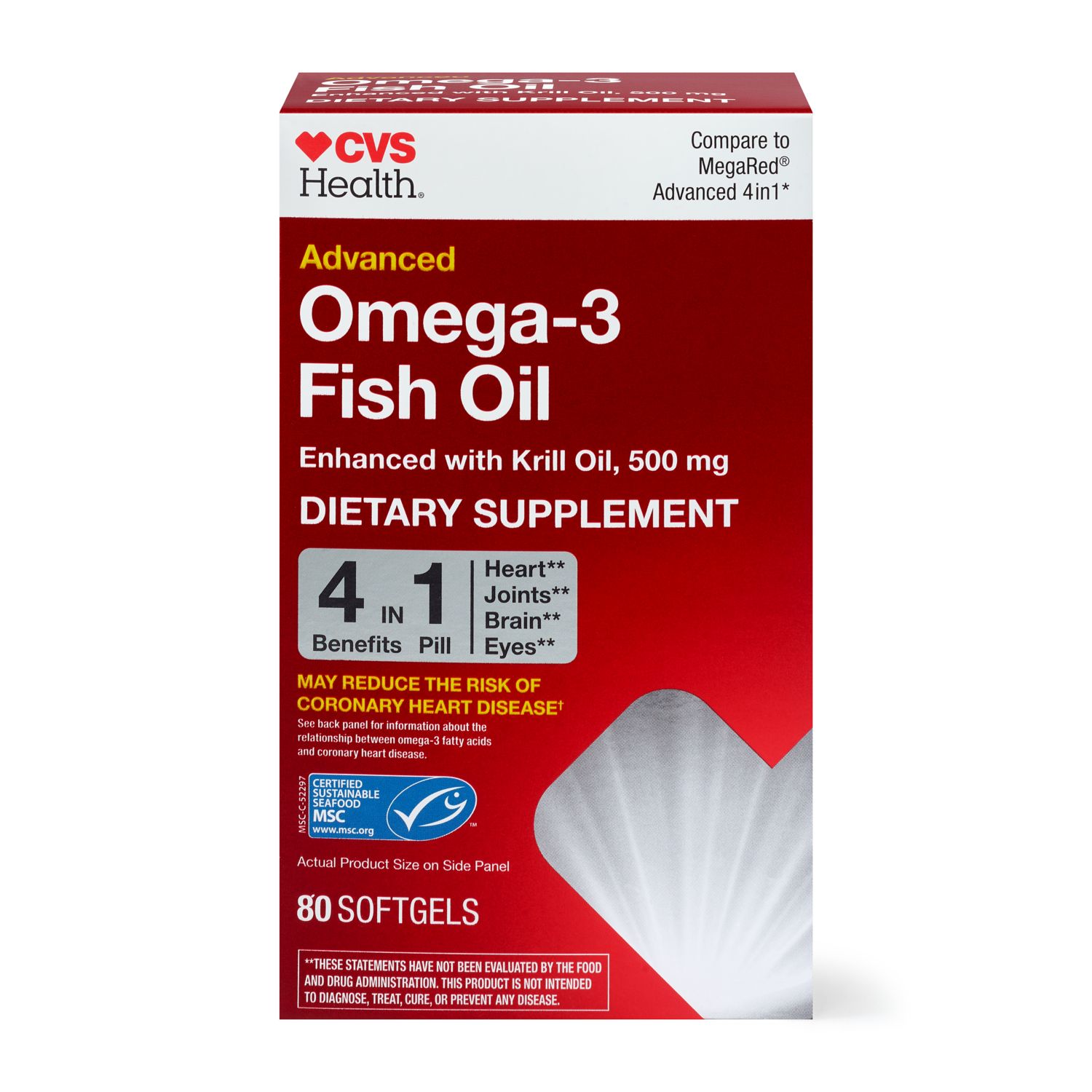)
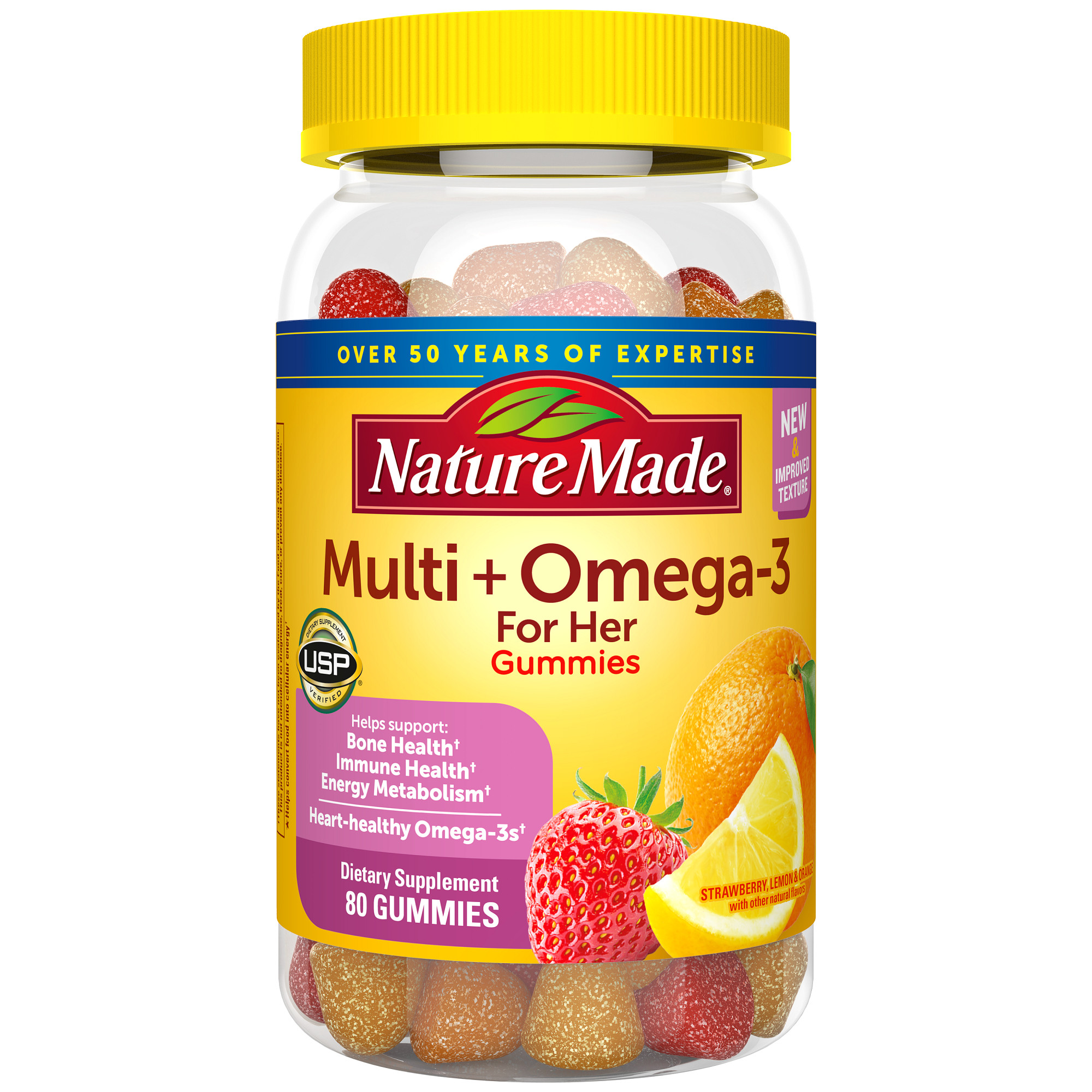)
)
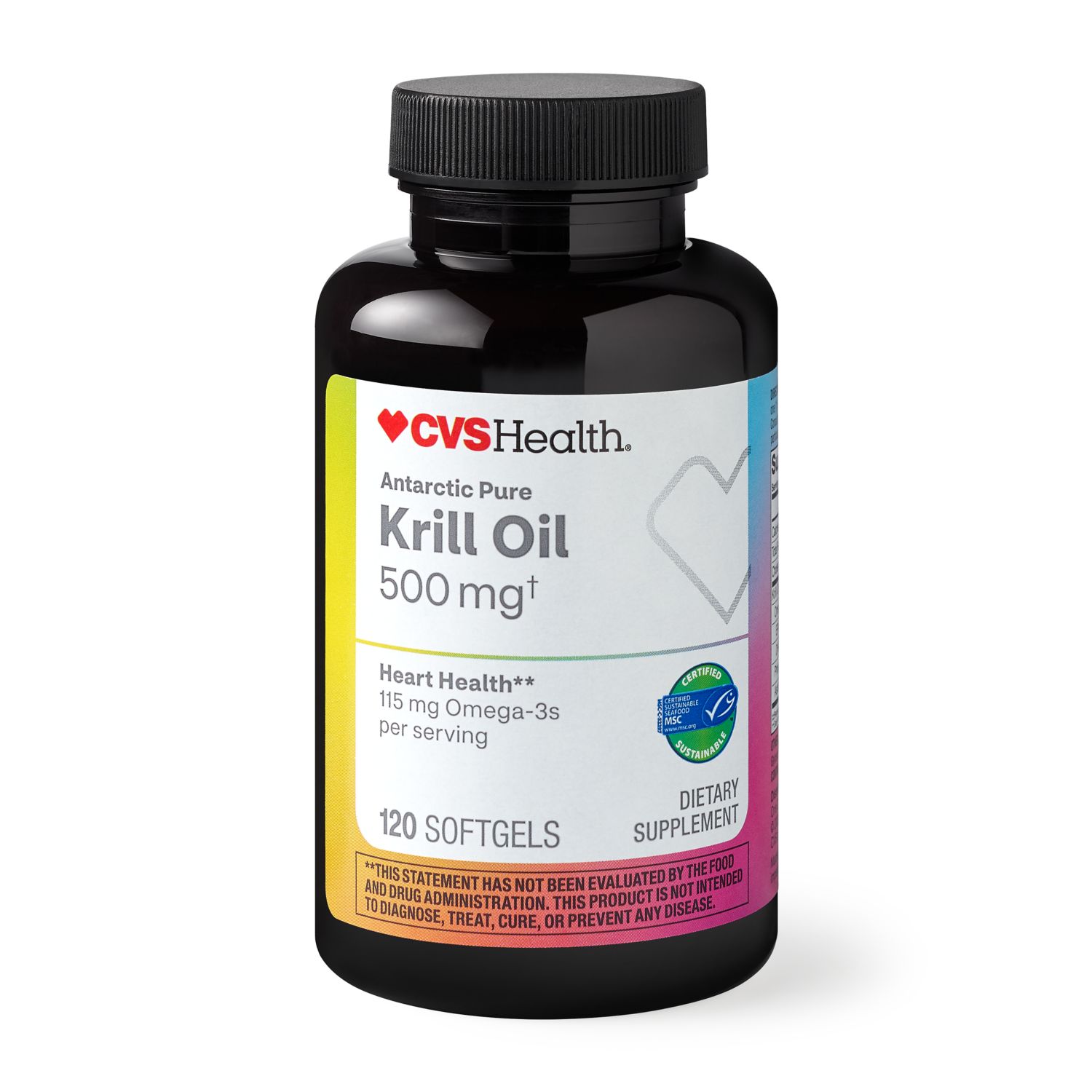)
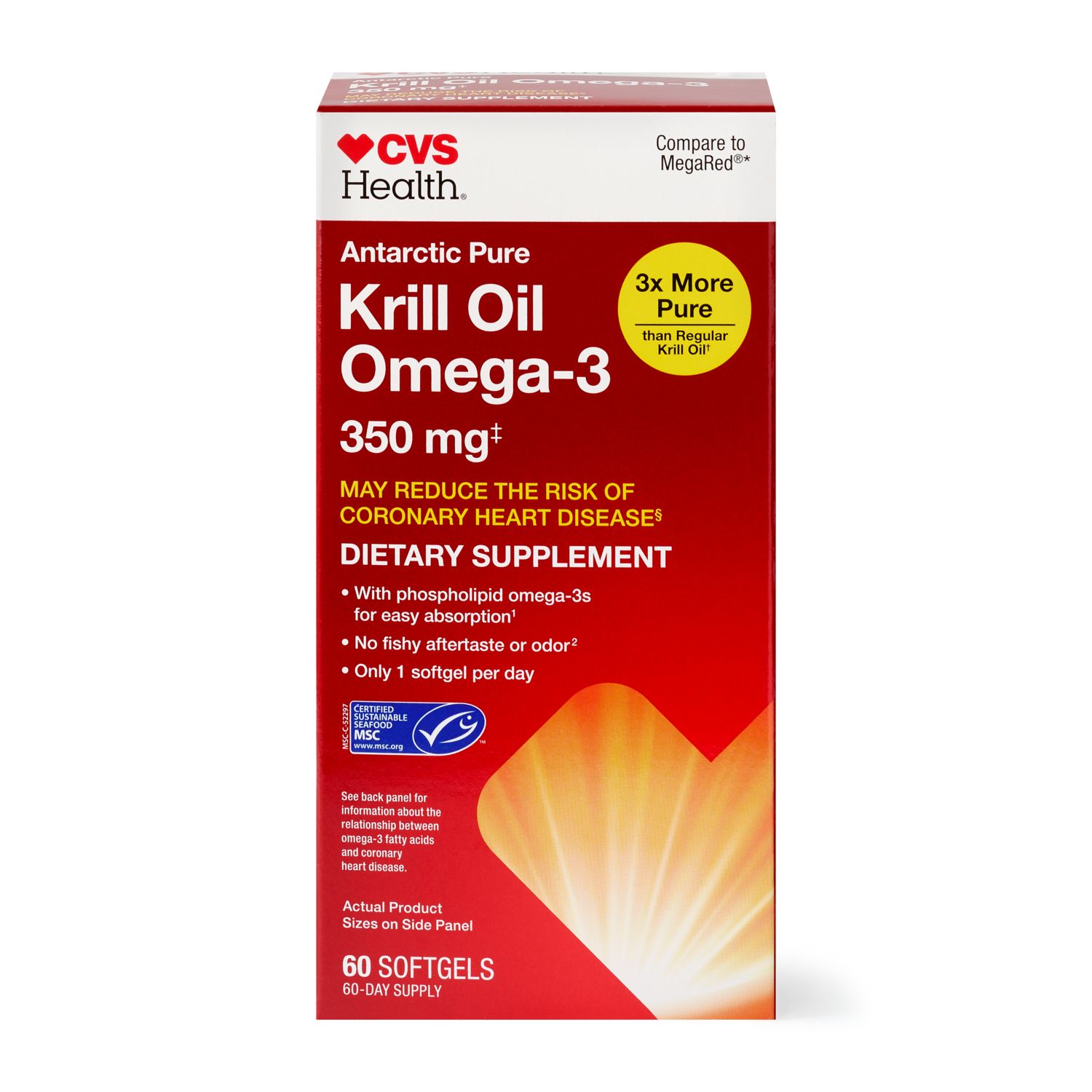)
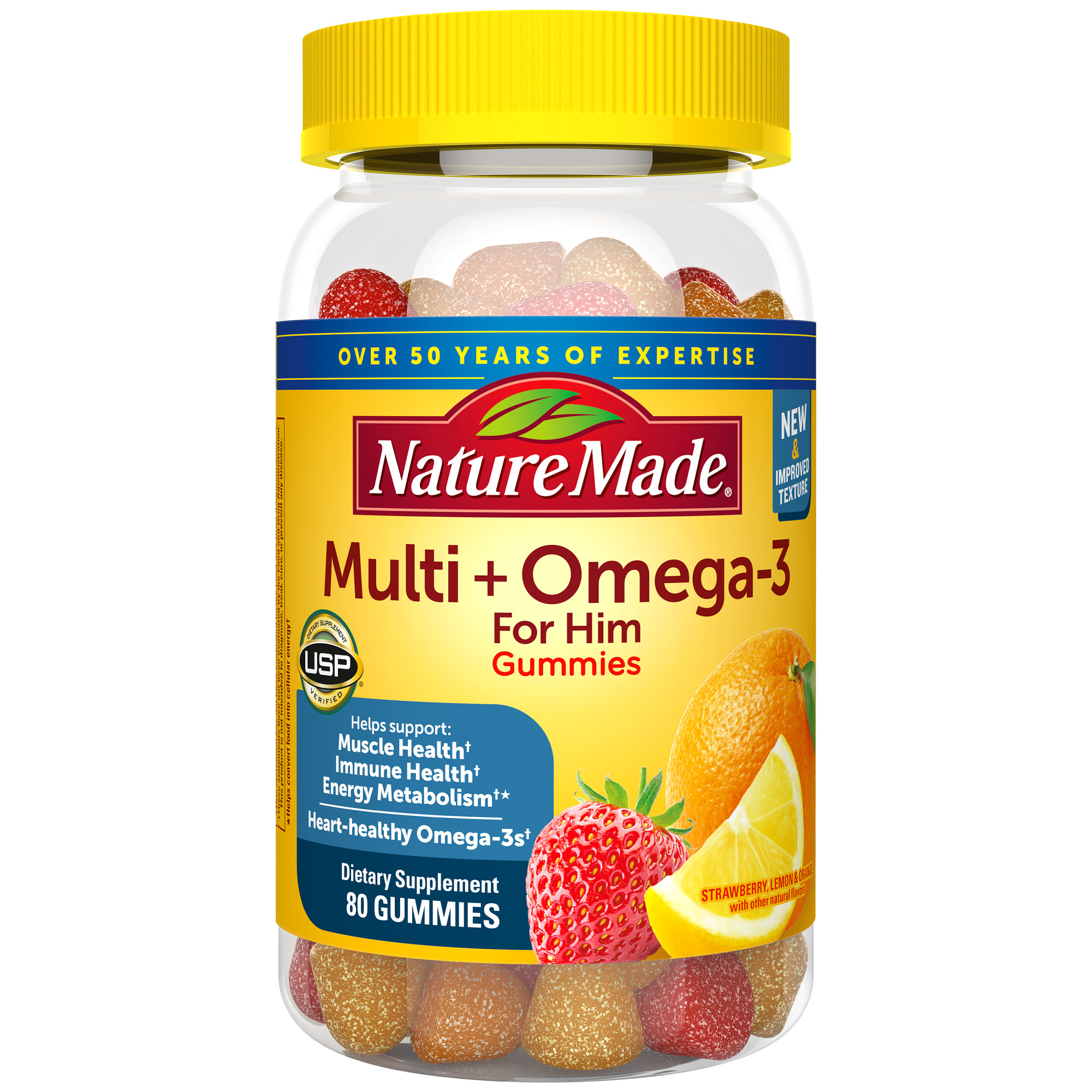)
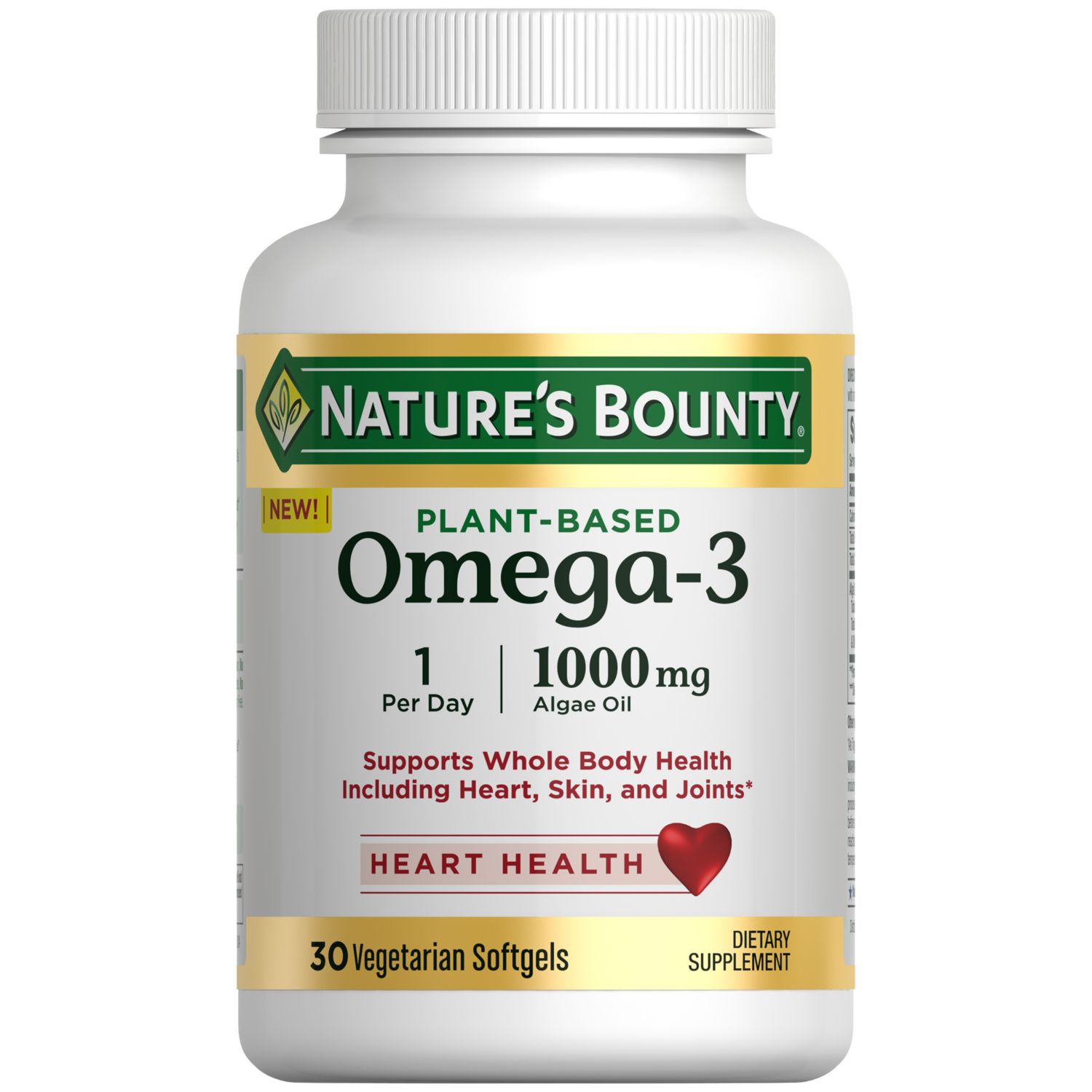)
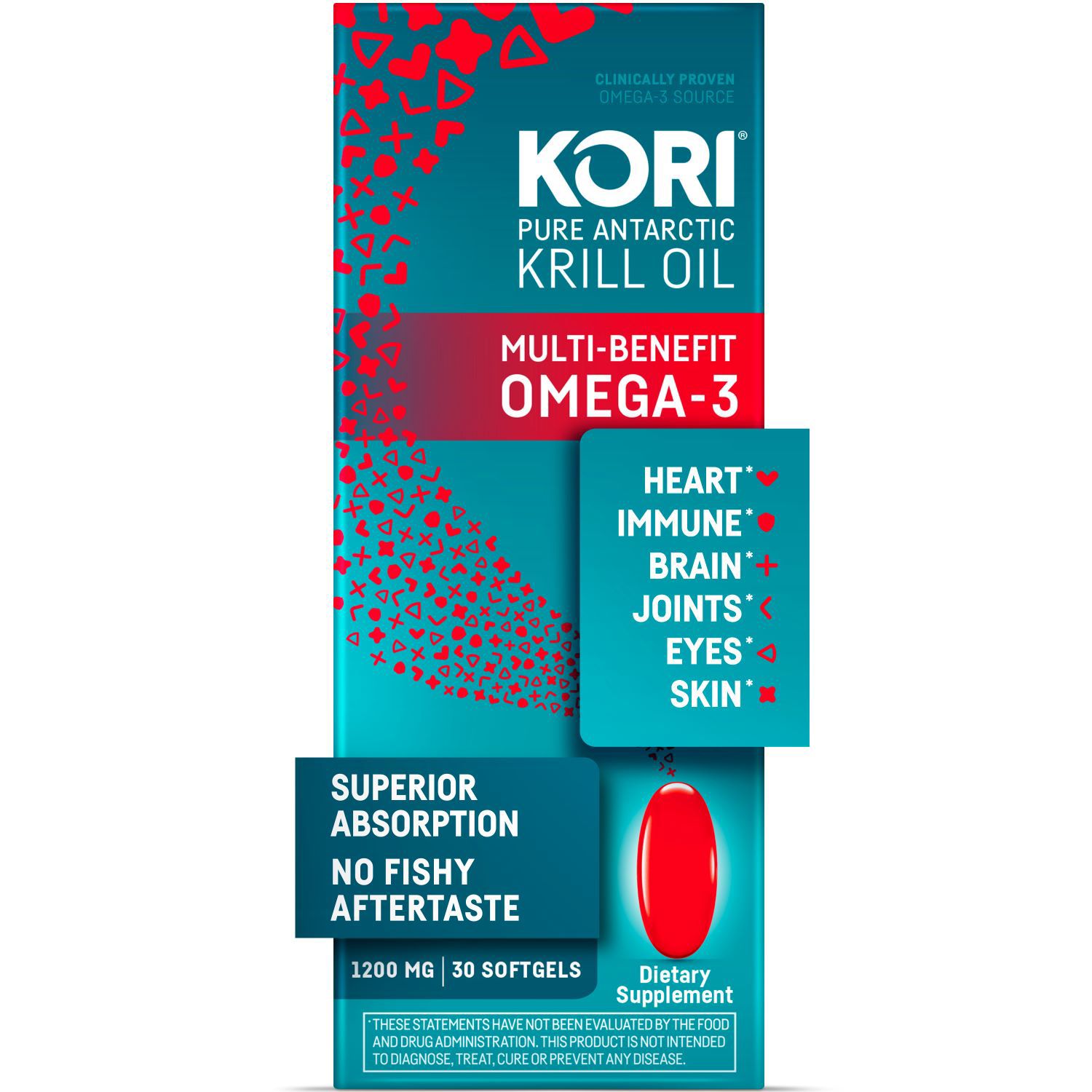)
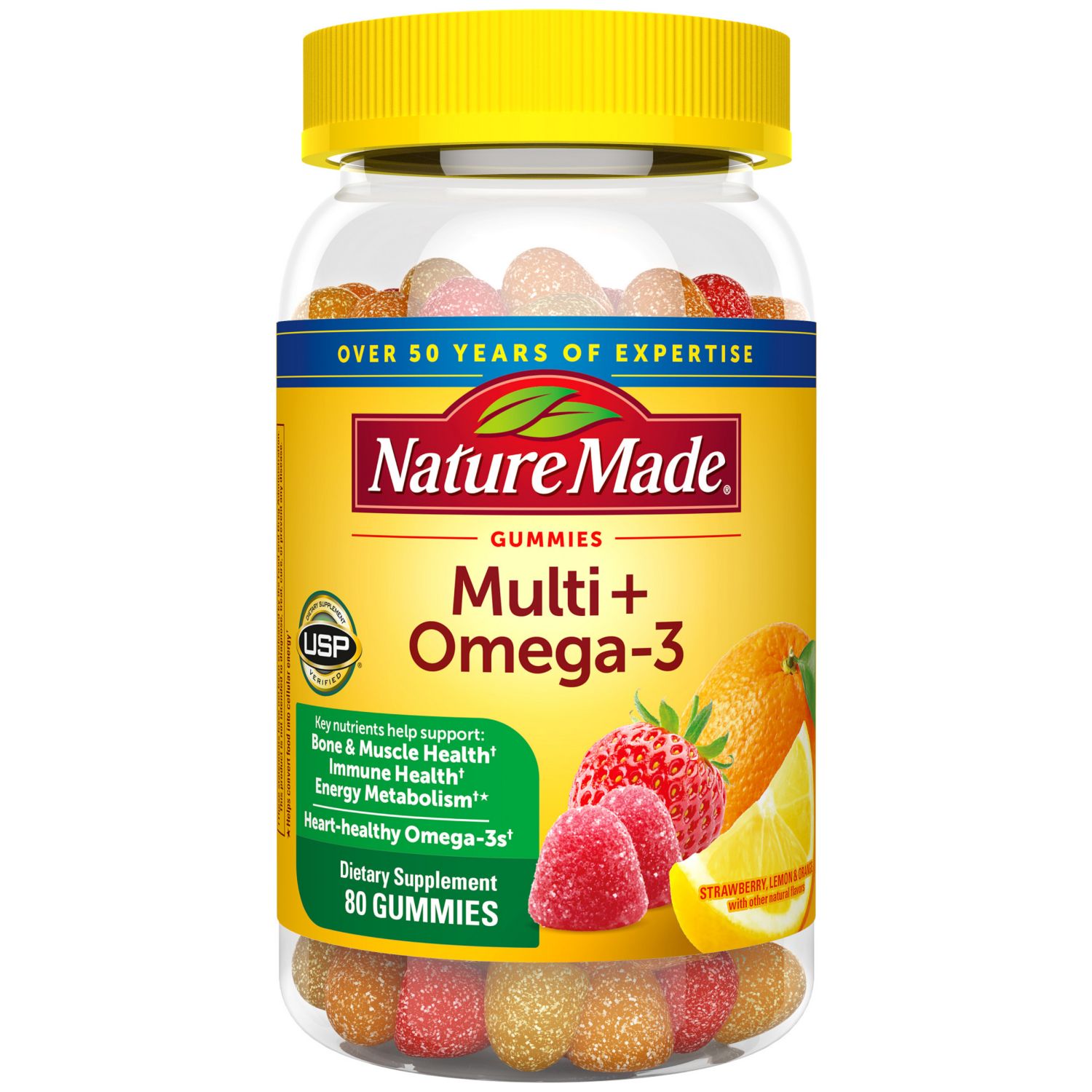)
Ver más vitamins
Support Heart, Eye and Brain Health With Omegas
Easily add omegas to your diet when you take gummies and softgels with these essential fatty acids. Browse dietary supplements with omega-3, omega-6 or omega-9 fatty acids at CVS.
What Are Omega 3 Fatty Acids?
Essential fatty acids are healthy fats that the body requires for proper functioning. There are a number of essential fatty acids that are important in a healthy diet and provide nutritional benefits. They include omega 3 and omega 6 fatty acids. In the body, essential fatty acids are important components of cells and are required by the eye, brain, heart, lungs, immune system and endocrine system. Fish oil pills and and omega 3 fish oil supplements are good sources of these fatty acids providing other health benefits as well.
What Are Plant-Based Omega Supplements?
If you're a vegetarian, you can find omega fatty acid supplements derived from plants to substitute fish oil pillsx. These supplements typically contain the omega-3 fatty acid alpha-linoleic acid (ALA). Examples include flaxseed, chia seed and hemp seed oils. Vegetarian essential fatty acid supplements made with algae usually provide servings of DHA and EPA. Some vegetarian products contain just one type of plant or algae, while others are made from a blend of ingredients.
Some people prefer to take standalone omega fatty acid supplements. The nutrients in these products are typically isolated from plants, fish or krill. You can find standalone omega supplements that contain more than one type of essential fatty acid or one particular nutrient like EPA or DHA.
What Are the Best Omega Supplements?
Everyone has their own opinion regarding the best omega supplements. Nordic Naturals, Nature Made and Sundown Naturals are some brands you may want to try as you search for your favorite omega supplements. Consider the types of omegas you need as you look for quality supplements, and always check with your doctor before changing your dietary habits or supplement routine.
Keep your personal preferences in mind when you shop for omega supplements. If you aren't a fan of fish, consider a fruit-flavored gummy with omega-3 or krill oil. Gummies also work well if you don't like swallowing capsules or tablets. Look for chewable gummies or omega softgels with multiple nutrients, such as vitamins C or D, if you want a supplement that may encourage extra immune support. You can also eat fresh, frozen or canned fish, such as salmon or tuna, if you prefer to get your omegas from food.
When to Take Omega Supplements
You can take omegas in the morning, afternoon or evening. However, you may find it beneficial to take your omega supplements with a meal. This may help your body absorb the essential fatty acids better.
If you have acid reflux, consider splitting your daily omegas into two separate doses. Fish oil contains fat, which can irritate folks with acid reflux. Check the bottle or box for your omega supplement, as it may have additional dosage guidelines.
What Are the Benefits of Omega Supplements?
Omegas have many potential health benefits that you may experience if you incorporate more fatty acids in your diet. Taking omega-3 may help support heart health and prevent depression, making this fatty acid a practical choice for people with cardiovascular or mental health conditions. You may want to try omega-6 supplements if you have a chronic condition that causes inflammation, as this fatty acid may have anti-inflammatory properties. Omega-9 may also help reduce inflammation in the body.
Look for an all-in-one omega supplement if you want several forms of omegas. You may also want to try other wellness-supporting supplements and vitamins, such as a multivitamin or vitamin B12 tablets.
*This statement has not been evaluated by the Food and Drug Administration. This product is not intended to diagnose, treat, cure, or prevent any disease.
)
)
)